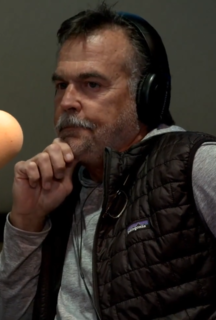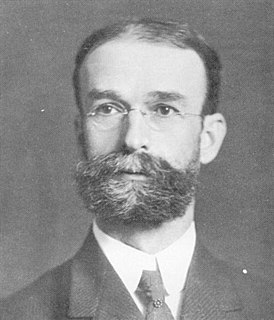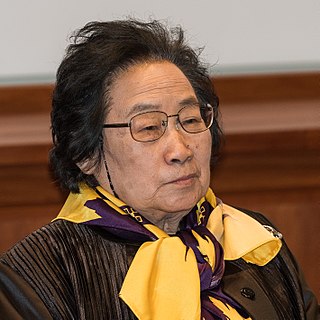A Quote by Alexandra Elbakyan
When I was working on my research project, I found out that all research papers I needed for work were paywalled. I was a student in Kazakhstan at the time and our university was not subscribed to anything.
Related Quotes
I cannot disagree with you that having something like 500 economists is extremely unhealthy. As you say, it is not conducive to independent, objective research. You and I know there has been censorship of the material published. Equally important, the location of the economists in the Federal Reserve has had a significant influence on the kind of research they do, biasing that research toward noncontroversial technical papers on method as opposed to substantive papers on policy and results
Project 523 was both a good and a bad thing. They held so many meetings, and there were so many competing centres, it was a real mess. Nearly every province had their own research centre, and they all asked me to share my research, which I did. But that's no way to do science. They wasted a lot of money and a lot of time.
In the field of astronomy in the mid-'60s, quasars were very sexy objects - gigantic, star-like masses about which little was known. I was a graduate research student at Cambridge working towards my Ph.D. and chose quasars as the subject for my thesis. Part of my project involved surveying the sky for them using a radio telescope.
I look forward to working closely with the Research Councils, Innovate UK, and Higher Education Funding Council for England (HEFCE), as we work together to create UKRI. I also look forward to working closely with all of our research and innovation communities to provide a strong and coherent voice for U.K. science and innovation.
I had a certificate that said, 'Doctor of Mixology, Harvard University,' that I actually got from Harvard University. A friend of mine was a research assistant over there and it was one of those student or university perks and she brought me in on that. So I am a doctorate from Harvard and it only took me one afternoon.





































